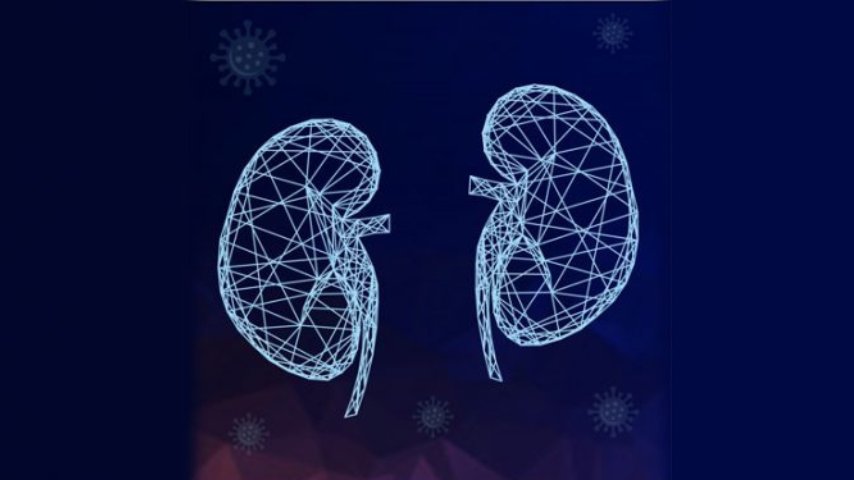Comprehensive Guide to Understanding Kidney Transplant

Introduction:
A kidney transplant is a surgical procedure that involves replacing a diseased or failing kidney with a healthy kidney from a donor. It is considered the treatment of choice for many people with end-stage renal disease (ESRD) or severe kidney dysfunction. Understanding the process, risks, and benefits associated with kidney transplantation is essential for patients and their families as they navigate this life-changing treatment option.
Signs and Symptoms of Kidney Failure:
Recognizing the signs and symptoms of kidney failure is crucial for identifying individuals who may benefit from a kidney transplant. Common symptoms include fatigue, swelling in the legs or ankles, difficulty concentrating, decreased urine output, and nausea. Additionally, individuals with ESRD may require regular dialysis treatments to maintain their health while awaiting transplantation.
- Fatigue: Feeling excessively tired or lethargic, even after getting adequate rest, can be a sign of kidney dysfunction.
- Swelling: Edema, or swelling, particularly in the legs, ankles, and feet, can occur due to fluid retention caused by impaired kidney function.
- Decreased Urine Output: Changes in urine output, including decreased frequency or volume, may indicate kidney dysfunction.
- Nausea and Vomiting: Persistent nausea, vomiting, or loss of appetite can be symptoms of advanced kidney disease.
- Difficulty Concentrating: Impaired kidney function can affect cognitive function, leading to difficulty concentrating or mental fog.
Evaluation and Pre-transplant Preparation:
Before undergoing a kidney transplant, patients undergo a comprehensive evaluation to assess their suitability for the procedure. This evaluation typically includes medical tests, imaging studies, and consultations with various healthcare professionals, including nephrologists, transplant surgeons, and social workers. Pre-transplant preparation also involves optimizing the patient's health through medication management, lifestyle modifications, and addressing any underlying medical conditions to minimize the risk of complications during and after transplantation.
- Medical Tests: Blood tests, urine tests, imaging studies (such as ultrasound or CT scan), and cardiac evaluations are performed to assess the patient's overall health and suitability for transplantation.
- Psychosocial Evaluation: Social workers and psychologists evaluate the patient's mental health, support system, and ability to adhere to post-transplant medications and lifestyle changes.
- Donor Matching: For living donor transplants, potential donors undergo compatibility testing to ensure a suitable match with the recipient.
- Immunosuppression: Patients are educated about the importance of immunosuppressive medications, which are necessary to prevent rejection of the transplanted kidney. These medications suppress the immune system's response, reducing the risk of rejection but also increasing the susceptibility to infections and other complications.
- Lifestyle Modifications: Patients are encouraged to adopt a healthy lifestyle, including regular exercise, a balanced diet, smoking cessation, and avoidance of alcohol and illicit substances, to optimize their overall health and transplant outcomes.
Surgical Procedure and Post-transplant Care:
The kidney transplant surgery typically involves the removal of the diseased kidney (if present) and placement of the healthy donor kidney in the recipient's body. The procedure may be performed using traditional open surgery or minimally invasive techniques, such as laparoscopic or robotic-assisted surgery. Following transplantation, patients require close monitoring and ongoing care to ensure the success of the transplant and prevent complications.
- Surgical Procedure: The transplant surgeon makes an incision in the abdomen or pelvis to access the recipient's urinary system and implant the donor kidney. The blood vessels of the new kidney are connected to the recipient's blood supply, and the ureter (the tube that carries urine from the kidney to the bladder) is attached to the recipient's bladder.
- Post-transplant Monitoring: Patients are closely monitored in the hospital after surgery for signs of complications, such as bleeding, infection, or organ rejection. Immunosuppressive medications are initiated immediately to prevent rejection of the transplanted kidney.
- Long-term Care: Following discharge from the hospital, patients require regular follow-up visits with their transplant team to monitor kidney function, adjust medications, and address any issues or concerns. Long-term management also includes ongoing immunosuppressive therapy, routine medical screenings, and lifestyle modifications to promote transplant longevity and overall well-being.
Benefits and Risks:
Kidney transplantation offers numerous benefits, including improved quality of life, increased longevity, and freedom from dialysis dependence. However, it is not without risks, and patients must weigh the potential benefits against the risks and challenges associated with transplantation.
- Benefits: Improved kidney function, decreased dependence on dialysis, enhanced quality of life, increased longevity, and the ability to resume normal activities, including work, travel, and recreational pursuits.
- Risks: Surgical complications, such as bleeding, infection, or blood clots, rejection of the transplanted kidney, side effects of immunosuppressive medications, and long-term complications, such as cardiovascular disease, diabetes, and opportunistic infections.
Conclusion:
Kidney transplantation is a life-saving treatment option for individuals with end-stage renal disease or severe kidney dysfunction. By understanding the signs and symptoms of kidney failure, undergoing comprehensive evaluation and pre-transplant preparation, and receiving ongoing post-transplant care, patients can achieve optimal outcomes and enjoy improved quality of life. While transplantation offers numerous benefits, it is essential to weigh the risks and challenges associated with the procedure and make informed decisions in collaboration with healthcare providers. With advances in transplantation techniques and immunosuppressive therapies, kidney transplantation continues to offer hope and promise for patients with kidney disease.
Specialities
Clear allMeet the doctor

Dr Anil Kumar B T
Kidney Transplant
MBBS, MD (General Medicine), DNB (Nephrology)











